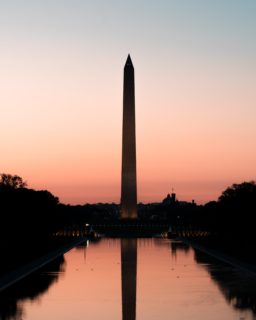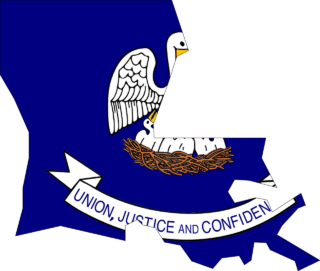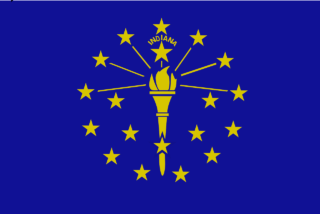What You Need to Know about the Recent Cases and Developments in Trade Secrets, Restrictive Covenants, and Computer Fraud
 Thursday, January 27, 2022
Thursday, January 27, 2022
2:00 p.m. to 3:00 p.m. Eastern
1:00 p.m. to 2:00 p.m. Central
12:00 p.m. to 1:00 p.m. Mountain
11:00 a.m. to 12:00 p.m. Pacific
In the first installment of the 2022 Trade Secrets Webinar Series,
Continue Reading Upcoming Webinar! 2021 Trade Secrets & Non-Competes Year in Review
 Throughout 2021, our dedicated Trade Secrets, Computer Fraud & Non-Competes Practice Group hosted a series of CLE webinars that addressed significant trade secret and restrictive covenant issues facing clients today. This year’s series included:
Throughout 2021, our dedicated Trade Secrets, Computer Fraud & Non-Competes Practice Group hosted a series of CLE webinars that addressed significant trade secret and restrictive covenant issues facing clients today. This year’s series included:

 In a move aligned with California’s view of non-competes, the District of Columbia (subject to congressional oversight) will soon impose a complete ban on any employment covenant that restricts employment elsewhere at any time, even restrictions forbidding simultaneous employment somewhere else. On January 11, 2021, Mayor Muriel Bowser signed the
In a move aligned with California’s view of non-competes, the District of Columbia (subject to congressional oversight) will soon impose a complete ban on any employment covenant that restricts employment elsewhere at any time, even restrictions forbidding simultaneous employment somewhere else. On January 11, 2021, Mayor Muriel Bowser signed the  In a strengthening of company contractual rights, the Louisiana Legislature recently expanded its state non-compete statute by permitting a corporation, partnership, or limited liability company to enter into agreements with their shareholders, partners, or members, respectively, that prevent them from becoming employees of a competing company under certain circumstances.
In a strengthening of company contractual rights, the Louisiana Legislature recently expanded its state non-compete statute by permitting a corporation, partnership, or limited liability company to enter into agreements with their shareholders, partners, or members, respectively, that prevent them from becoming employees of a competing company under certain circumstances. As we
As we  Legislators in the Commonwealth of Virginia, the site of Patrick Henry’s infamous “Give me liberty, or give me death” speech, have enacted legislation that gives more liberty to low-wage workers looking to leave for greener pastures, joining the ranks of many other states that have passed similar restrictions (stay tuned for a post soon on Indiana’s own recently passed non-compete legislation application to physicians). While the new law was passed quietly, it’s not particularly surprising that the Commonwealth sought to join the trend of restricting non-competes for low earners (see for example similar efforts in
Legislators in the Commonwealth of Virginia, the site of Patrick Henry’s infamous “Give me liberty, or give me death” speech, have enacted legislation that gives more liberty to low-wage workers looking to leave for greener pastures, joining the ranks of many other states that have passed similar restrictions (stay tuned for a post soon on Indiana’s own recently passed non-compete legislation application to physicians). While the new law was passed quietly, it’s not particularly surprising that the Commonwealth sought to join the trend of restricting non-competes for low earners (see for example similar efforts in  In Seyfarth’s first installment in its 2020 Trade Secrets Webinar Series, Seyfarth attorneys Robert Milligan, Jesse Coleman, and Joshua Salinas reviewed the noteworthy legislation, cases, and other legal developments from across the nation over the last year in the area of trade secrets and data theft, non-competes and other restrictive covenants, and computer fraud—plus, predictions for what to watch for
In Seyfarth’s first installment in its 2020 Trade Secrets Webinar Series, Seyfarth attorneys Robert Milligan, Jesse Coleman, and Joshua Salinas reviewed the noteworthy legislation, cases, and other legal developments from across the nation over the last year in the area of trade secrets and data theft, non-competes and other restrictive covenants, and computer fraud—plus, predictions for what to watch for